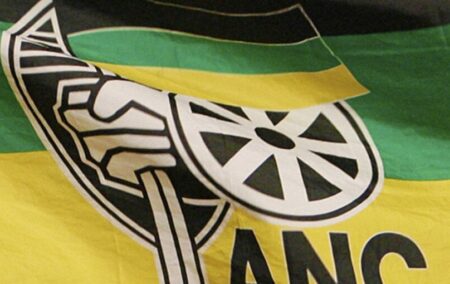A lot has been said recently about the 2024 elections, and whether – or not – this will be the moment at which the ANC’s dominance of South Africa’s politics will falter.
Will we see a coalition in power nationally, and if so, what will that look like? Will it displace the ANC, or will the ANC itself form the keystone of such an arrangement? Or is this perhaps hyperbolic thinking, and will the ANC be set for another term in office?
This is not simply a question of the distribution of votes, but of the direction of policy and public administration.
Given the state of the country – anaemic growth, stratospheric unemployment, grinding poverty and the escalating cost of living (with corresponding implications for living standards), and the recurrent crises of electricity supply, among a much longer list – how it is to be stewarded forward is an existential issue.
RW Johnson recently pointed out in an address at a BizNews conference that what the country was facing needed to be understood as ‘regression’.
Close to three decades of rule by the ANC has established its offerings. It is committed to a mixed economy in which the state plays an important, interventionist role. The state will not only provide the regulatory framework, but will intervene in economic activities. Above all, it sees itself providing ‘discipline’ for capital, so as to ensure the growth that the country and its people need – as befits the far-sighted ‘developmental state’ that has been under construction for decades now.
Cadre deployment
This in turn requires highly competent, politically committed ‘cadres’ to make it work. This is undertaken under the aegis of the party, with the installation of its best and most reliable members to key places in the state, economy and so on – cadre deployment, in the nomenclature of the country’s politics.
There have been promises with neither end nor limit about imminent turnarounds, pacts with stakeholders (‘work with us’), and the fundamental transformation of society.
There is nothing to suggest that any change of direction is in the offing. President Ramaphosa’s ‘reform’ agenda for the most part put forward nothing more substantial than ‘doing things better’.
The question facing South Africa is whether this is sufficient.
Not only are the adverse conditions prevailing in the country impacting on South Africans’ immediate life circumstances, but they are clawing at the foundations of democracy itself. The threat to institutional integrity is represented by cadre deployment. To property rights, the threat is embodied in the Expropriation without Compensation agenda. To competitiveness, the threat is exemplified by empowerment policy. And our overall societal wellbeing is threatened by pervasive corruption and lawlessness.
So perhaps the time has come to think about whether this is a question too profound to be left to the politicians, and pass the decision on to the voters.
This would mean holding an early election, which is permitted by Section 50 of the Constitution, following a vote by the National Assembly.
Doing so would allow the country’s citizens to judge the performance of the government, its policy agenda and its plans for the future. Equally importantly, it would provide an opportunity for the opposition on all fronts to articulate and proffer their responses.
Time of crisis
It would require all to submit themselves for evaluation. Accountability has been badly lacking and at a time of crisis, accountability is sorely needed.
Most importantly, it would confront South Africans with a choice inherent in their citizenship. Is the current trajectory of the country one that inspires confidence, and is this a trajectory on which the country’s people wish to remain?
Would they vote for something new, or stick with what exists? Obviously, I have my preferences, but there are no guarantees either way. But it’s a choice that needs consciously to be made, and the sooner, the better.
If you like what you have just read, support the Daily Friend

